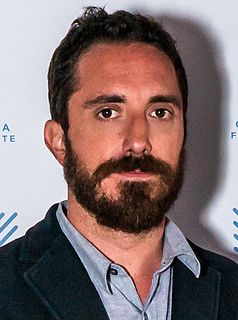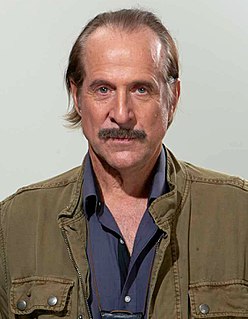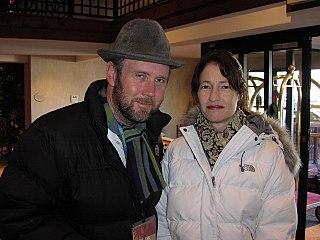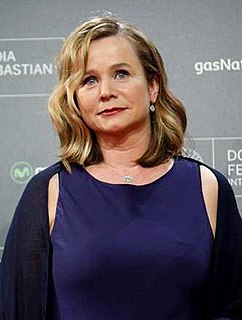A Quote by Lynne Ramsay
I love to see great dialogue in the cinema but I hate to see 'Film TV.'
Related Quotes
One can write out of love or hate. Hate tells one a great deal about a person. Love makes one become the person. Love, contrary to legend, is not half as blind, at least for writing purposes, as hate. Love can see the evil and not cease to be love. Hate cannot see the good and remain hate. The writer, writing out of hatred, will, thus, paint a far more partial picture than if he had written out of love.
When I go to the cinema, I want to have a cinematic experience. Some people ignore the sound and you end up seeing something you might see on television and it doesn't explore the form. Sound is the other picture. When you show people a rough cut without the sound mix they are often really surprised. Sound creates a completely new world. With dialogue, people say a lot of things they don't mean. I like dialogue when it's used in a way when the body language says the complete opposite. But I love great dialogue I think expositional dialogue is quite crass and not like real life.
The essence of the cinema that I'm interested in is a combination of love, rage, and curiosity. Sometimes it's hard to see those intentions, or maybe it's hard to portray them on film in a way that doesn't sound too preachy or irrelevant. So instead of saying it out loud, you say it multiple times in the movie by hiding it. You get a sensation after you see the whole film throughout yourself.
I love acting with very little dialogue. As long as it's supported. I mean, in terms of cinema, you can have a great monologue, but if you're not supported by the images ... You can be feeling things and then you see it back, and you're like, "None of that came across." Or the angle of my face gives it a completely different interpretation than what I was trying to communicate.
I don't hate the music, but I hate the process. When I look at it, I don't see song titles and artwork, I see the fight - I see the emotions, the blood, sweat and tears. There are a couple of songs on there that I love; but 'Lasers' is a little bit of what you love, a little bit of what you like, and a lot of what you had to do.
I'm always trying to make something that is impossible to film. Why would somebody just read a novel when they can see it on TV or in the cinema? I really have to think of the things fiction can do that film can't and play to the strengths of the novel. With a novel, you can get right inside somebody's head.


































